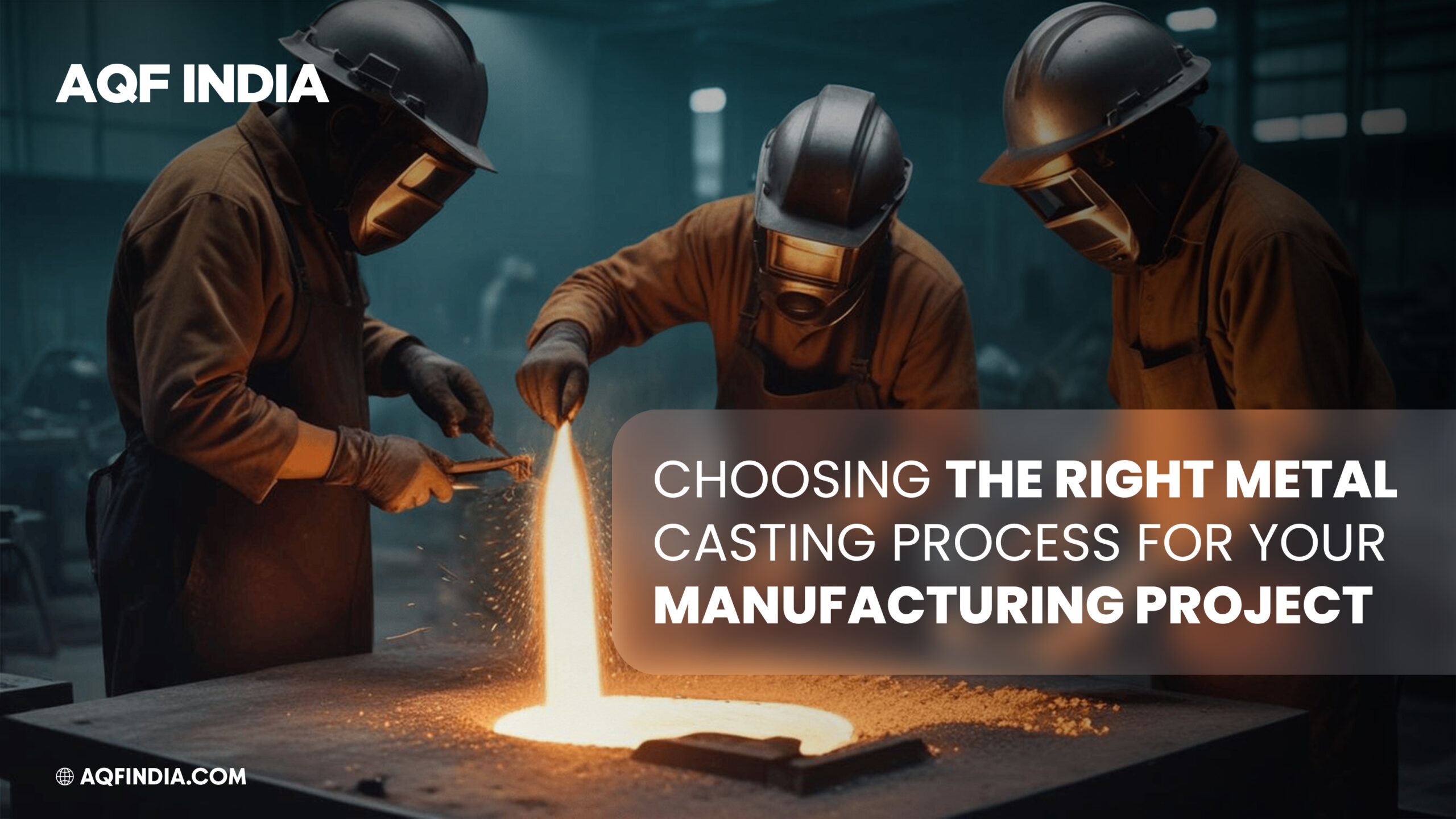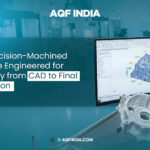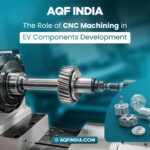When it comes to manufacturing precision parts, selecting an appropriate metal casting process can be the huge difference between the quality, performance, and affordability of your end product. With several casting methods available ranging from iron and steel to aluminium sand casting, understanding the benefits of each process is most important for project success.
Understanding the Casting Basics
Metal casting is a manufacturing process in which molten metal gets poured into a mold to take complex shapes that are impossible to make cutting or machining the metal directly. Heavy application areas are automotive, aerospace, agriculture, energy, and industrial equipment industries.
It is the nature of this process to choose what technique of casting to use. The most frequent types used are iron casting, steel casting, and aluminium sand casting, each having respective uses based on application.
Iron Casting: Reliable and Cost-Effective
Due to its economical price and resistance to wear and strength, cast iron is particularly preferred in the category of ductile and grey iron. It is subjected to heavy-duty application in industrial valves, engine blocks, and pump housings. Under production circumstances in which the mold needs to be cast further with high wear resistance at a fairly low price, the machinability plus the damping capability is the most favorite feature of the cast iron.
Steel Casting: Strength and Versatility
Steel casting is especially suited where the mechanical properties are needed to be high. It provides higher toughness and impact strength, and thus finds use in structural parts, turbine blades and military equipment. Also, it enables the production of thin-walled sections without affecting the strength, with design flexibility and accuracy.
Aluminium Sand Casting: Lightweight and Efficient
Aluminium sand casting is widely utilized for industries that produce parts that need thermal conductivity, corrosion resistance, and a light weight. It is most widely utilized in the aerospace and automotive sectors for engine covers, brackets, and housings. The process of sand casting is beneficial where economical tooling is concerned and is best suited for medium-to-low runs of production.
Partnering with a Trusted Casting Expert
Choosing the most suitable casting process is to select a reliable partner. Along with the technical advice on choosing the most suitable casting process for your particular application, AQF India also offers end-to-end support from prototype to production. For low-volume custom components to mass production, there seems to be peak performance and cost-effectiveness.
Final Thought
To conclude, the selection of appropriate metal casting process is a judicious analysis of both material and process properties. With the aid of experts as AQF India, industry players can rest assured to bring their projects to life with accuracy and repeatability.






